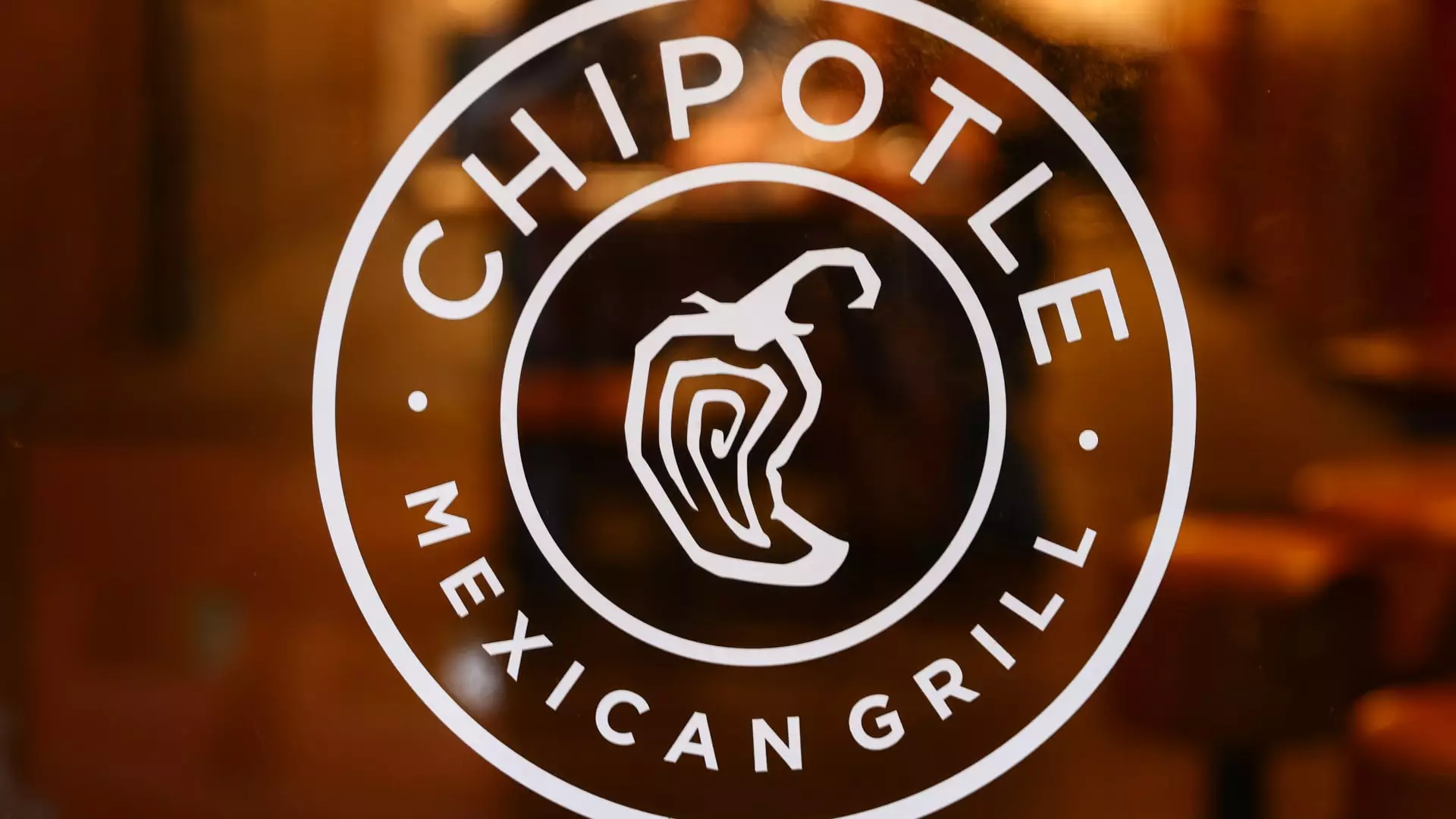Chipotle Mexican Grill’s decision to open its first Mexican location is quite audacious, especially as it plans to set roots in the land known for its rich culinary history. While this can be seen as a commendable effort to tap into a market with deep cultural ties to its menu, the timing raises eyebrows. With the ongoing trade tensions between the United States and Mexico under President Donald Trump’s administration, one must wonder if it’s truly the right moment for such an ambitious venture. It feels like a game of chance, where the stakes are high, and the rewards are far from guaranteed.
International Expansion: A Mixed Bag
Historically, Chipotle has kept its focus primarily on the U.S. market. The company’s attempts to branch out internationally have yielded mixed results. Yes, they operate locations in Canada, the UK, and even the UAE, but let’s not forget that their efforts in global markets like Germany have been less than stellar. The cultural disconnect cannot be overlooked; the U.S. has a tendency to view Mexico through a very specific lens, often simplifying its rich flavors and traditions into something palatable for American consumers. This perspective could alienate potential customers who are well-versed in authentic Mexican cuisine and might scoff at a watered-down version.
Culinary Conundrum: The Avocado Dilemma
Let’s talk avocados, the cornerstone of Chipotle’s offerings. Despite recent diversifications in sourcing, about half of Chipotle’s avocados still come from Mexico. Given the volatile nature of U.S.-Mexico relations, especially concerning trade tariffs, the future availability of this essential ingredient could be jeopardized. Could Chipotle be opening the floodgates to supply chain headaches and inflated costs? It’s a valid concern, particularly when they’ve already struggled with inventory management in the past.
Consumer Perspectives: What Do Mexicans Really Want?
First, the notion that Mexicans will embrace Chipotle with open arms is based more on hope than reality. The company’s own statements exude positivity, with confidence in Mexico’s appreciation for fresh food. However, genuine Mexican culinary art differs vastly from the fast-casual offerings prevalent in the U.S. Chipotle might find that their version of “authentic” Mexican food doesn’t resonate as they anticipate. Taco Bell’s failed attempts in Mexico are a cautionary tale of how foreign interpretations of local cuisine can falter dramatically.
The Role of Local Partnerships
Partnering with Alsea, an established player in the fast-food market, suggests that Chipotle is not taking this leap lightly. Yet, there is an inherent risk in relying on a partner who has successfully established brands but has yet to prove the same success with Chipotle’s unique offer. Will Alsea prioritize Chipotle adequately alongside its other well-known franchises? The success of this venture hinges on local knowledge and understanding consumer behavior—something that cannot be replicated hastily.
The road ahead for Chipotle in Mexico is fraught with challenges. Questions loom about market adaptability and cultural resonance. As much as one might admire the bravado in taking the leap, skepticism remains a necessary lens through which to view such a high-stakes endeavor. Ultimately, it may be a gamble that could either invigorate Chipotle’s brand or lead to troubling repercussions in its long-term strategy.

